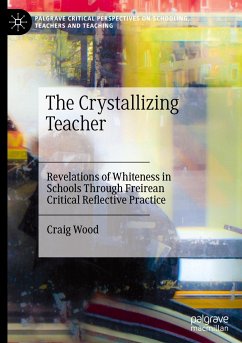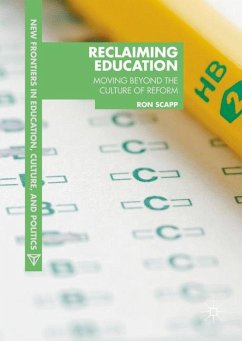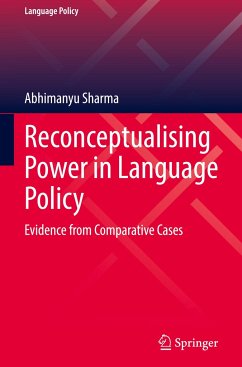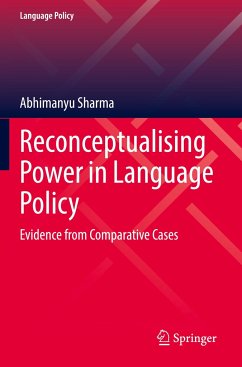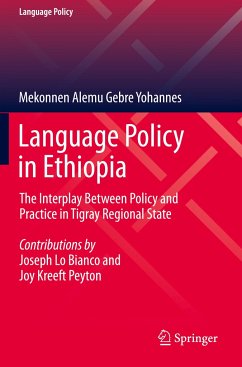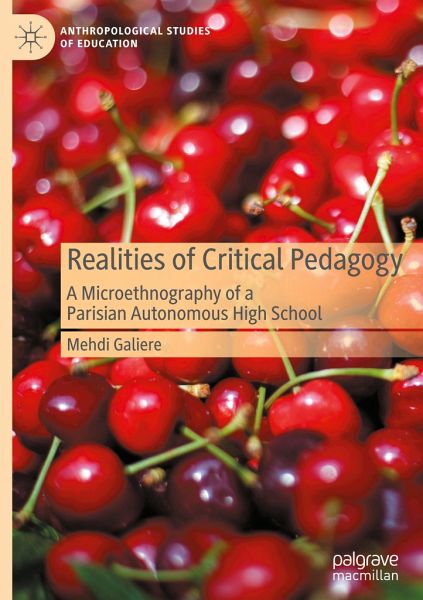
Realities of Critical Pedagogy
A Microethnography of a Parisian Autonomous High School

PAYBACK Punkte
16 °P sammeln!
This book examines how the Lycée autogéré de Paris, an experimental high school established in 1982 which claims to implement critical and democratic pedagogical practices, contributes to the development of counter-hegemonic educational and social practices. The author presents and analyses significant discursive data on the school's pedagogical practice, focusing specifically on triangulation, from general assemblies to official texts, pedagogic projects and everyday interactions inside and outside the institution. He then argues that the discourses of the self-managed high school tend to ...
This book examines how the Lycée autogéré de Paris, an experimental high school established in 1982 which claims to implement critical and democratic pedagogical practices, contributes to the development of counter-hegemonic educational and social practices. The author presents and analyses significant discursive data on the school's pedagogical practice, focusing specifically on triangulation, from general assemblies to official texts, pedagogic projects and everyday interactions inside and outside the institution. He then argues that the discourses of the self-managed high school tend to be critical of the French state's neoliberal discourse on education while favouring the development of practices of solidarity within the local and broader context of the institution. The book will be of interest to students and scholars in the fields of sociology of education, sociolinguistics and education for social justice.




